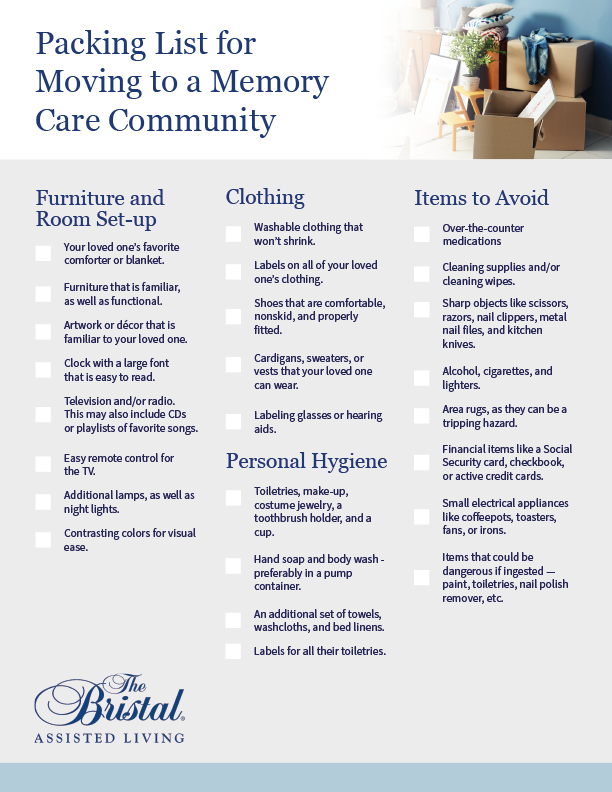Specialist and Dedicated Services for Alzheimers Care Charlotte Homeowners
Specialist and Dedicated Services for Alzheimers Care Charlotte Homeowners
Blog Article
Specialist Tips for Providing Quality Alzheimer's Treatment at Home
Caring for an individual with Alzheimer's disease at home presents distinct challenges that require both understanding and critical planning. Establishing a structured day-to-day regimen, enhancing interaction abilities, and developing a risk-free setting are crucial parts of effective caregiving. Additionally, caregivers must not forget the value of looking for outside support and sources to maintain their own health. As we check out these expert ideas additionally, it ends up being clear that a thoughtful approach can dramatically influence the high quality of life for both the caretaker and the private obtaining treatment. What particular strategies can be carried out to guarantee a supportive atmosphere?
Understand Alzheimer's Illness
Alzheimer's illness, a modern neurodegenerative problem, greatly influences cognitive function and day-to-day living activities. It mainly influences memory, believing, and actions, resulting in a steady decrease in the abilities needed for independent living. Early signs and symptoms typically consist of forgetfulness, problem in analytic, and obstacles in completing acquainted jobs. As the disease progresses, individuals might experience disorientation to time and area, damaged judgment, and changes in mood and character.
The etiology of Alzheimer's is intricate, involving the accumulation of amyloid plaques and tau tangles in the mind, which interrupt neuronal interaction and cause cell death. Danger aspects consist of age, genetics, and lifestyle options, with the majority of instances taking place in people over 65. Recognition of these aspects is vital for caretakers, as comprehending the condition can assist in much better support and care strategies.
In addition, Alzheimer's condition not just impacts the private but also has substantial psychological and logistical ramifications for households. Acknowledging the stages of the disease allows caregivers to expect difficulties and adjust their approach, guaranteeing that the requirements of those affected are met concern and understanding. This fundamental knowledge is vital for promoting quality treatment at home.
Establish a Routine
Creating a structured everyday routine can dramatically enhance the lifestyle for individuals coping with Alzheimer's illness. Establishing constant patterns helps to reduce confusion and stress and anxiety, offering a feeling of safety and familiarity. An everyday timetable should consist of regular times for dishes, activities, and rest, which can help individuals anticipate what to anticipate throughout the day.
Including basic, familiar tasks into the regimen can promote a sense of success and independence. Activities like gardening, food preparation, or perhaps easy family chores can be valuable. It is important to customize these tasks to the person's capabilities and interests, guaranteeing involvement without disappointment.
Moreover, versatility within the regimen is key. While uniformity is very important, allowing for modifications based on the person's mood or power levels can help preserve a favorable environment. Urge participation in social communications, whether via family members sees or neighborhood activities, as these can supply excitement and link.
Enhance Interaction Abilities
Reliable communication is essential for maintaining meaningful links with people living with Alzheimer's disease. As cognitive abilities decrease, traditional conversation may become challenging. Therefore, caregivers should adapt their interaction methods to promote understanding and connection.

Energetic listening is important. Program genuine rate of interest by preserving eye call and nodding to browse around this web-site recognize their feelings or thoughts. Prevent suggesting or correcting, as this might cause irritation. Instead, verify their emotions and reroute the discussion delicately if required.
Using visual aids, such as pictures or composed reminders, can also enhance understanding. Urge participation in activities that boost discussion, such as reminiscing regarding previous occasions or checking out photo cds.
Create a Safe Setting
An encouraging environment plays a considerable duty in the well-being of people with Alzheimer's condition. Producing a risk-free home setup is crucial to minimize risks and improve the high quality of life for both the private and their caregivers.
Install safety and security click to read locks on doors and home windows to protect against straying, which is a common concern in Alzheimer's people. In addition, think about making use of non-slip mats in shower rooms and mount grab bars for added support. Labeling rooms and important items can help individuals browse their surroundings a lot more quickly.
Emergency contacts ought to be clearly published near phones, and a clinical alert system can offer peace of mind. On the whole, tailoring the home setting to the special needs of Full Article the specific with Alzheimer's not just advertises safety and security but also motivates self-reliance and convenience.
Look For Assistance and Resources
Accessing assistance and sources is crucial for caretakers and people facing the difficulties of Alzheimer's illness. Caregiving can be frustrating, both physically and mentally, and it is essential for caregivers to look for help to preserve their wellness and provide top quality care.

Additionally, checking out respite care options can manage caregivers much-needed breaks, enabling them to reduce and charge fatigue. This may include adult day programs or in-home care solutions. Economic help programs might additionally be offered to aid offset the expenses of treatment.

Final Thought
In summary, giving top quality Alzheimer's care in the house necessitates a complex technique. Understanding the complexities of the illness, developing an organized regimen, enhancing interaction skills, creating a risk-free atmosphere, and seeking support from available sources jointly add to improved caregiving experiences. Applying these strategies not only cultivates a feeling of independence and accomplishment for people with Alzheimer's but also minimizes caretaker anxiety, eventually boosting the lifestyle for both caregivers and those they sustain.
Caring for an individual with Alzheimer's disease at home presents one-of-a-kind obstacles that call for both understanding and tactical planning.Moreover, Alzheimer's disease not only impacts the individual yet additionally has considerable psychological and logistical ramifications for family members.Creating a structured daily routine can significantly boost the quality of life for people living with Alzheimer's disease.Efficient communication is vital for preserving meaningful links with people living with Alzheimer's illness. Alzheimers Care Charlotte. Applying these techniques not only cultivates a sense of self-reliance and success for people with Alzheimer's yet also eases caregiver tension, inevitably boosting the quality of life for both caregivers and those they sustain
Report this page